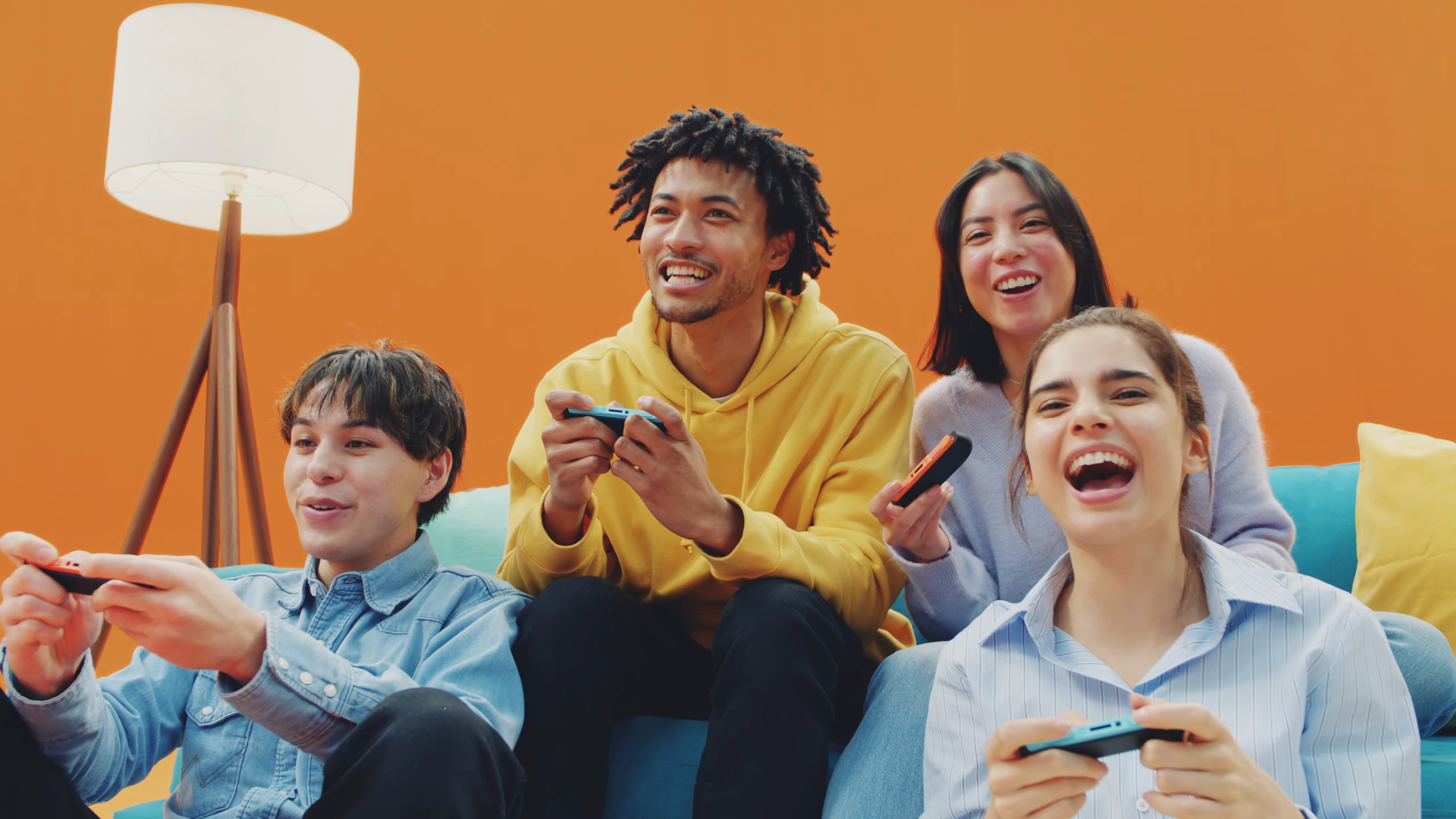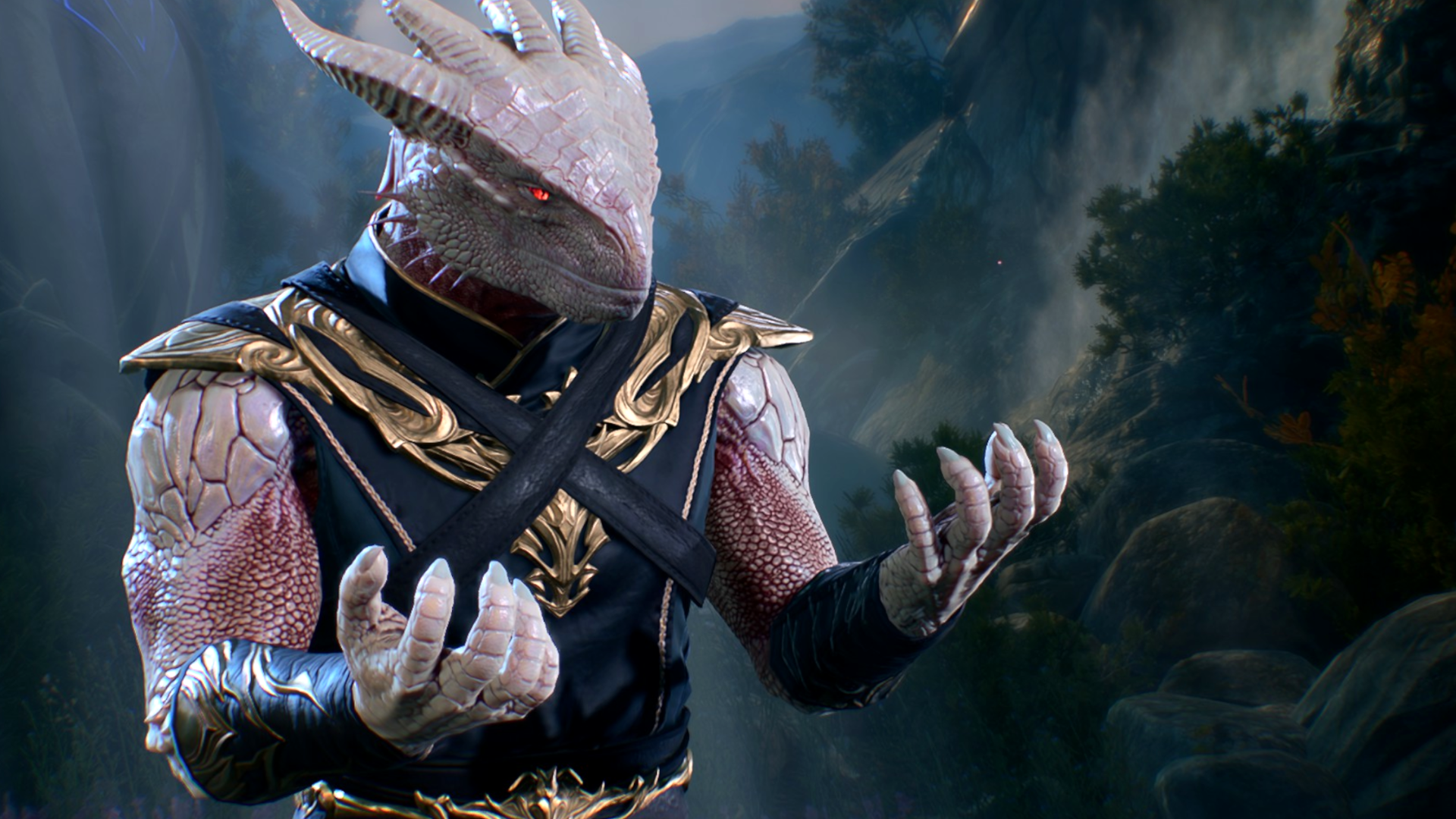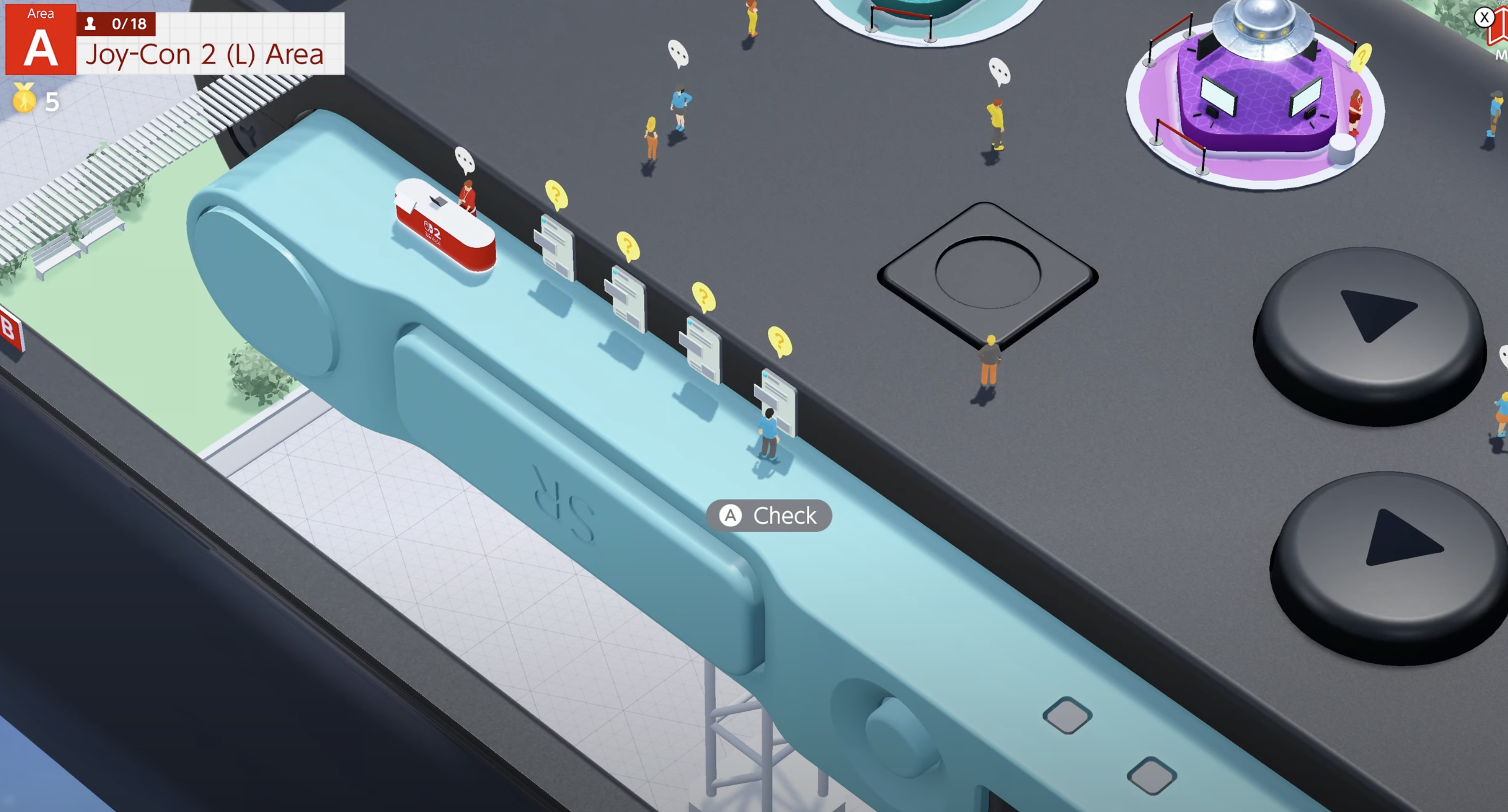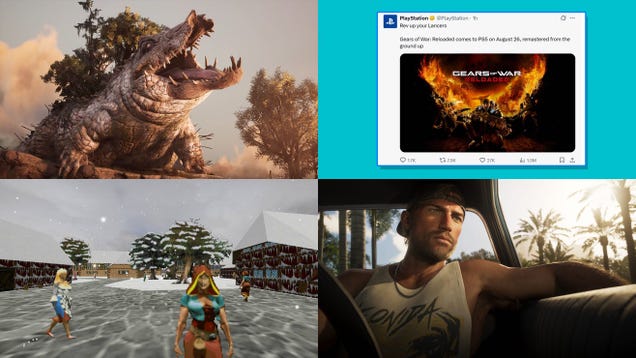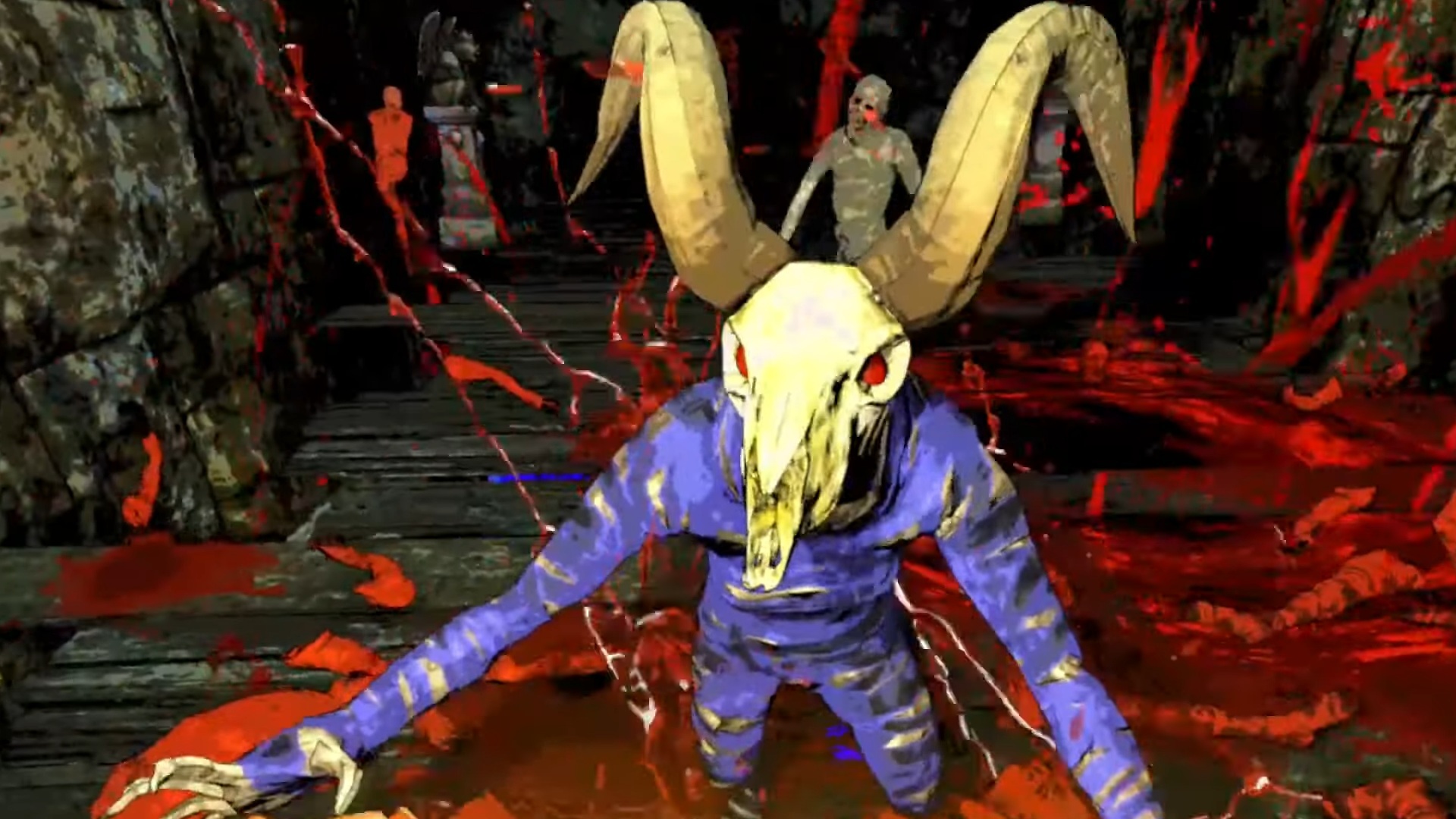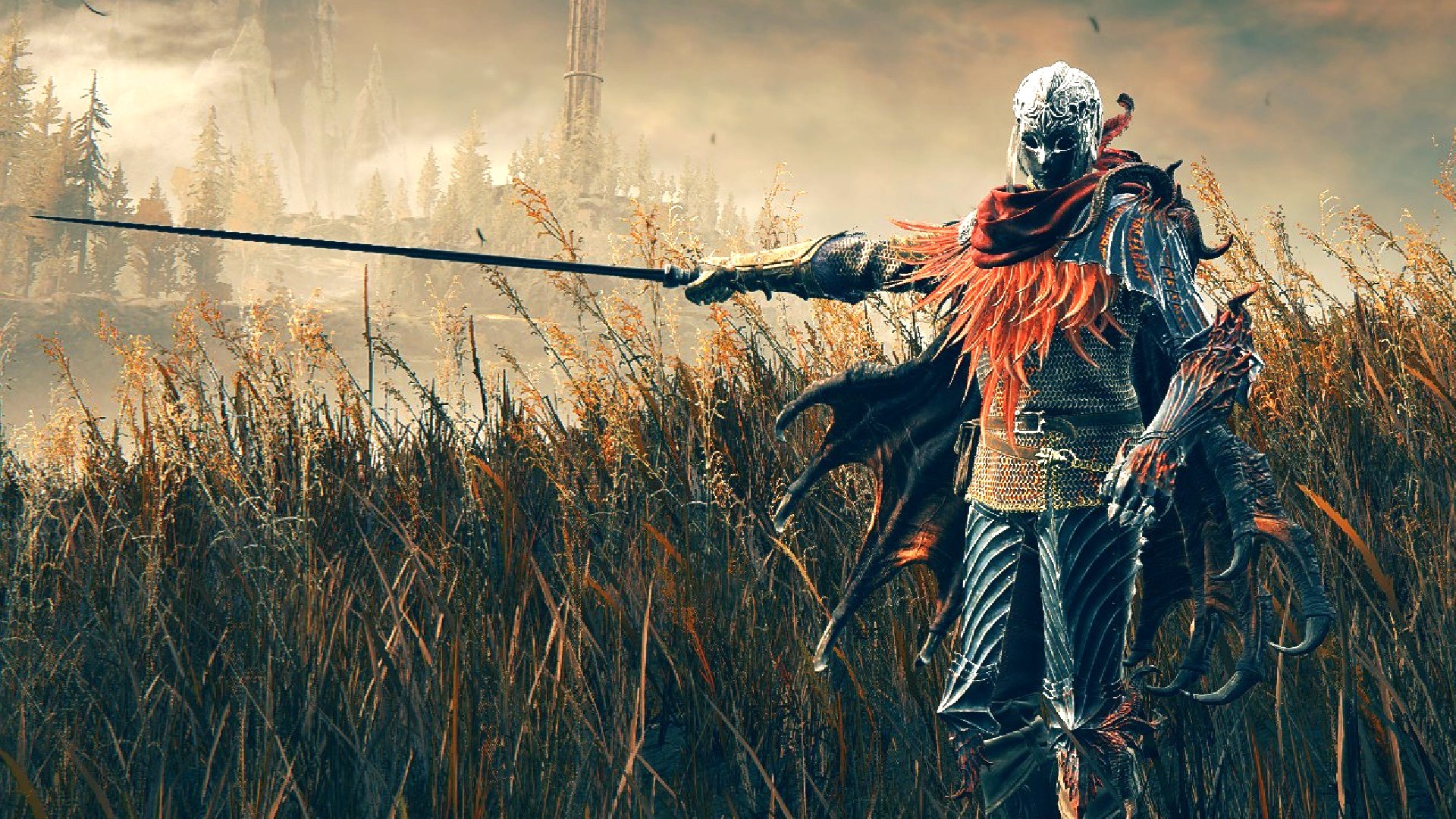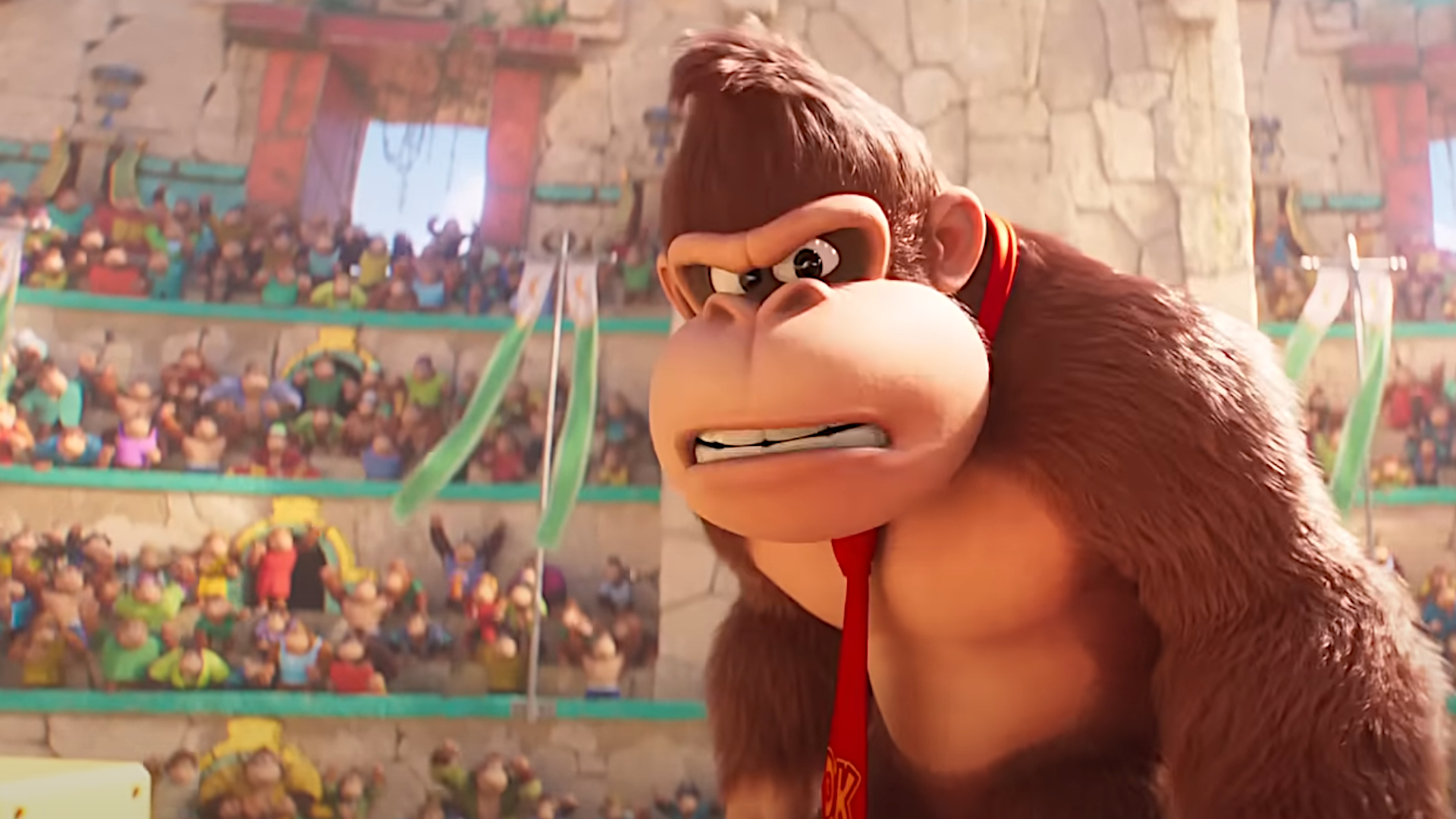
Citizen, we have detected installation of an unlicensed "Bowsette" software modification. Prepare for interdiction by a licensed Nintendo paramilitary subcontractor.
First spotted by Game File (readers may encounter a paywall), Nintendo has recently changed its online user agreement in multiple consumer-unfriendly ways just before the launch of the Switch 2. Chief among them: Nintendo asserts the right to render your console “permanently unusable” if it determines you’re in violation of the agreement.
Nintendo’s specific new phrasing, distinct from its prior EULA from 2021, is that “You acknowledge that if you fail to comply with the foregoing restrictions Nintendo may render the Nintendo Account Services and/or the applicable Nintendo device [emphasis mine] permanently unusable in whole or in part.” The restrictions in question are that you may not:
- “Publish, copy, modify, reverse engineer, lease, rent, decompile, disassemble, distribute, offer for sale, or create derivative works of any portion of the Nintendo Account Services.”
- “Bypass, modify, decrypt, defeat, tamper with, or otherwise circumvent any of the functions or protections of the Nintendo Account Services, including through the use of any hardware or software that would cause the Nintendo Account Services to operate other than in accordance with its documentation and intended use.”
- “Obtain, install or use any unauthorized copies of Nintendo Account Services.”
- “Exploit the Nintendo Account Services in any manner other than to use them in accordance with the applicable documentation and intended use, in each case, without Nintendo’s written consent or express authorization, or unless otherwise expressly permitted by applicable law.”
For context, the same section of the EULA used to read: “You are not allowed to lease, rent, sublicense, publish, copy, modify, adapt, translate, reverse engineer, decompile or disassemble all or any portion of the Nintendo Account Services without Nintendo’s written consent, or unless otherwise expressly permitted by applicable law.”
The sections I most take issue with are the prohibitions on copying, modifying, or decompiling software—particularly as it no longer accounts for it being “expressly permitted by applicable law”—as well as hardware/software modifications “that would cause the Nintendo Account Services to operate other than in accordance with its documentation and intended use.”
No game or hardware modding, no extracting ROMs—something Nintendo continuously asserts we cannot do, even though it is a legally protected consumer right—and no dual booting to another OS.
There’s also the very legitimate concern of the notoriously heavy-handed, litigious company acting false positives. I don’t know what means Nintendo has to detect such activity and kill a console, but I’m getting a clear message: You spent $450 on this hardware, but Nintendo does not think you own it.
There are plenty of legitimate reasons to jailbreak or modify a console, or extract a ROM from a game you own: Many original Switch games run better via PC emulation than on the original console, and Nintendo is only just catching up to that capability with the Switch 2’s potentially compromised backwards-compatibility.
Even more pressing is the inevitable discontinuation of proprietary online services, like we saw recently with the 3DS and Wii U. Just before that was finalized, Nintendo pushed an update to 3DS consoles which made them harder to jailbreak.
This is also something that makes Nintendo’s subscription-based access to its classic games library all the more galling to me, and in Nintendo’s new EULA update, it now explicitly warns that it may discontinue its online services. In the face of such unreliability, user modification of a device to ensure it remains fully functional is a perfectly reasonable solution.
Going beyond legitimate hardware modifications, I’m a firm believer that piracy is as much a question of service and convenience as finance, and Nintendo’s moves to consolidate its own control of products people legitimately purchase are inconvenient, annoying impositions that will annoy fans and drive away customers.
2025 games: Upcoming releases
Best PC games: All-time favorites
Free PC games: Freebie fest
Best FPS games: Finest gunplay
Best RPGs: Grand adventures
Best co-op games: Better together
Amid an ongoing campaign against emulation, Nintendo continues to throw its muscle around, emboldened by the generation-defining sales success of the original Switch, but also clearly threatened by the rise of PC handhelds, emulators which run its own games better than the original hardware, and rumblings of future Xbox and PlayStation portables.
I feel vindicated in my assessment that the Switch 2 is all stick and no carrot: Lacking truly exciting industrial design innovations (except the Joy Con mouse, which I actually quite like) or tech/hardware improvements to set the console apart from a more crowded handheld market, the Switch 2 can only rely on name recognition, customer inertia, and console-exclusive games to move units, much like its living room-bound rival, the PlayStation 5. All three console manufacturers have well and truly left behind the plug-and-play “it just works” convenience that used to set them apart from PCs.
And there’s even more in the EULA that’s worth flagging, as pointed out by Game File. A change in the wording of the EULA for minors that places responsibility on their legal guardians seems designed to further head off embarrassing lawsuits like the infamous Joy Con drift ones, ensuring such cases are forced into arbitration. Nintendo also joins in an unfortunate trend we can’t even escape on PC: Explicitly spelling out that we do not own our games, and instead only “license” them.
That last embarrassment aside, these odious impositions are a big part of why I’m largely a desktop and Steam Deck-exclusive gamer at this point. I want to understand, modify, and be able to use the hardware I purchase for as long as I see fit, not be beholden to the proprietary services of a notoriously consumer-unfriendly company.
Sure, Microsoft keeps trying to push a new version of Clippy that lies and screenshots your credit card information, but Linux gaming only keeps getting better thanks to SteamOS—if things get bad enough in the house that Bill built, I’ll make the move. I still love the original Nintendo Switch, but everything I’ve learned about its follow-up makes me think the 2017 hybrid console was lightning in a bottle.

